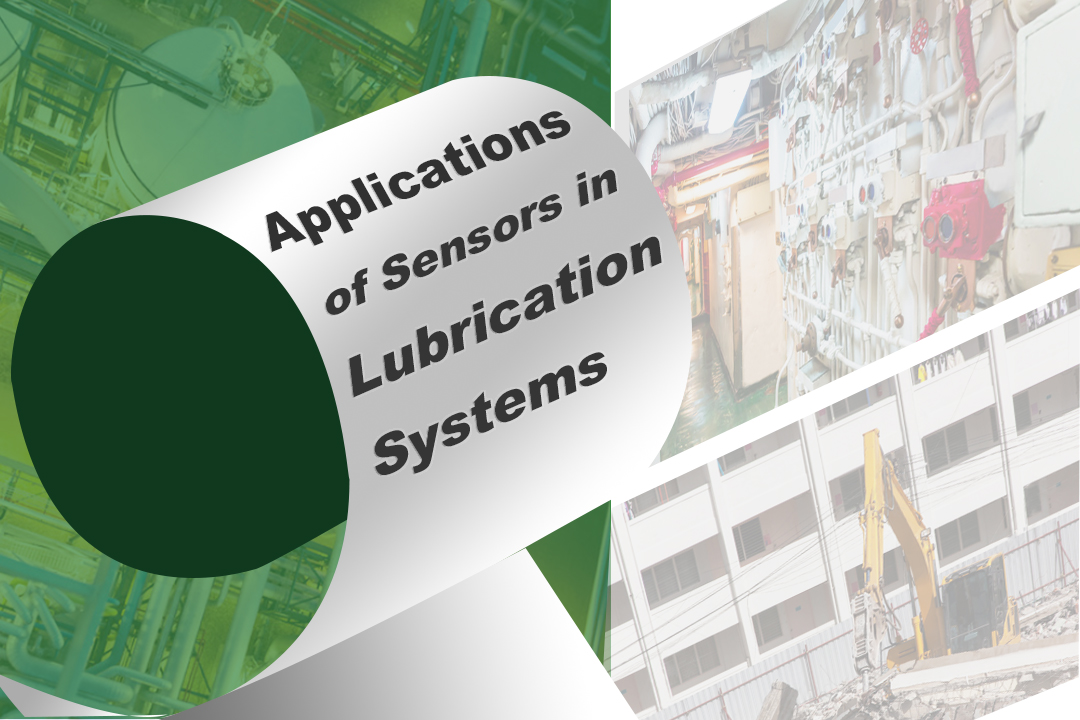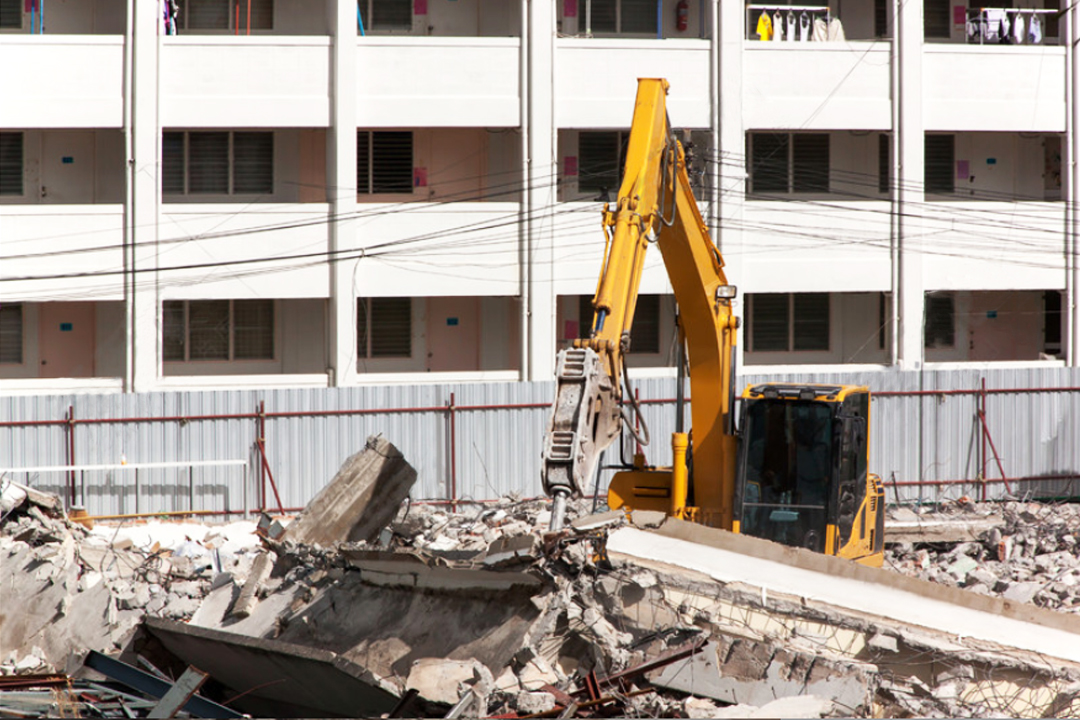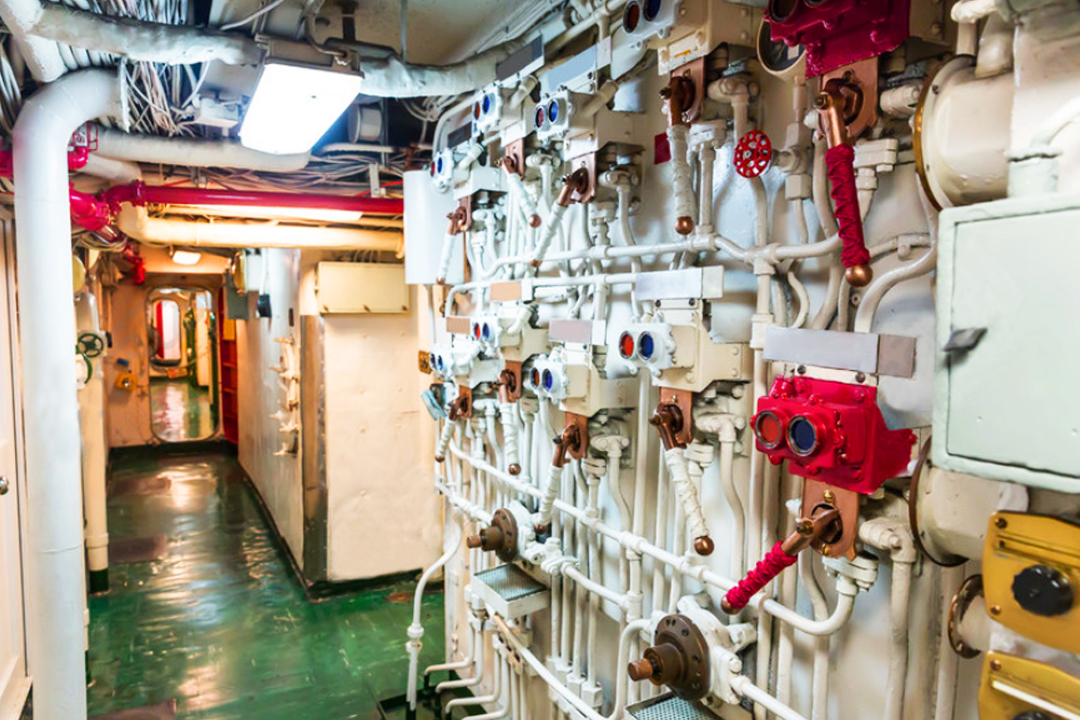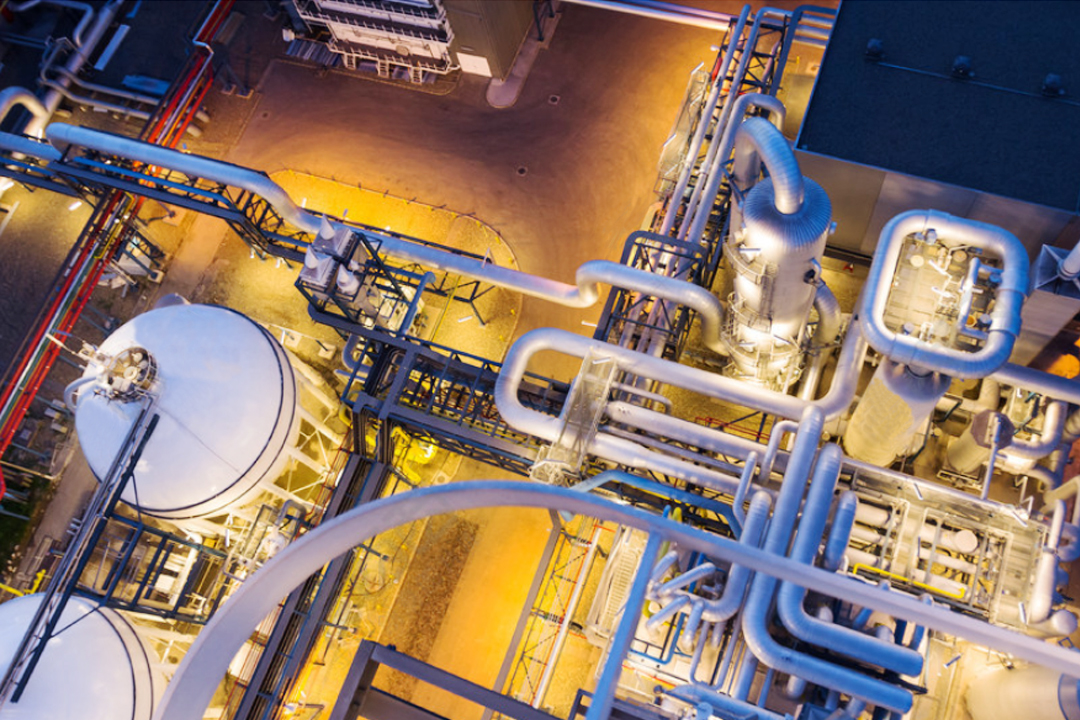Prssure sensors play an essential role in monitoring and controlling lubrication systems to ensure the optimal performance of mechanical systems such as engines, gearboxes, and hydraulic systems. These sensors are designed to measure pressure levels and send this information to a control system that can make real-time adjustments to maintain the ideal pressure level. Below are some application cases where pressure sensors are commonly used in lubrication systems.
Automotive Industry
Engine Oil Pressure Monitoring: Pressure sensors can measure the oil pressure in car engines. Too low or too high pressure could indicate a problem, such as a clogged oil filter or pump failure.
Transmission Lubrication: They also monitor the pressure of lubricants in automatic transmissions to ensure gears are adequately lubricated.
Industrial Machines
Hydraulic Systems: Pressure sensors are crucial in monitoring hydraulic pressures in machinery, ensuring that moving parts are sufficiently lubricated for optimal operation.
Centralized Lubrication Systems: In factories where multiple machines need to be lubricated, pressure sensors can help ensure that the centralized lubrication system is delivering the right pressure to each lubrication point.
Aviation and Aerospace
Turbine Engine Lubrication: Aircraft engines have critical tolerances, and pressure sensors are crucial in monitoring lubricant pressure to maintain optimal conditions.
Landing Gear: Pressure sensors ensure that the lubrication system for landing gears is functioning correctly, thereby ensuring smooth operation and reducing wear and tear.
Marine
Ship Engines: Similar to cars, but on a larger scale, pressure sensors can monitor the oil pressure in large marine diesel engines.
Propulsion Systems: In more complex systems like azipods, pressure sensors help in maintaining the appropriate lubricant pressure to prevent overheating and reduce friction.
Renewable Energy
Wind Turbines: The bearings and gear systems in wind turbines need to be adequately lubricated to reduce wear and extend their lifespan. Pressure sensors can monitor these systems in real-time.
Railways
Train Engines: Diesel locomotive engines use pressure sensors to ensure that oil pressure remains within the optimal range to avoid engine damage.
Monitoring and Control Systems
Data Logging: Some advanced pressure sensors can store pressure data over time, which can be useful for maintenance, troubleshooting, and performance optimization.
Remote Monitoring: In larger installations, pressure sensors can be part of a network, sending data to a central monitoring system where operators can make adjustments as necessary.
Safety Systems
Alarm Triggering: Should the pressure reach dangerous levels, either too low or too high, pressure sensors can trigger alarms to alert operators to take immediate action.
Pressure sensors in lubrication systems not only help in maintaining optimal operation but also in extending the lifespan of mechanical components and enhancing safety.
Post time: Sep-22-2023





